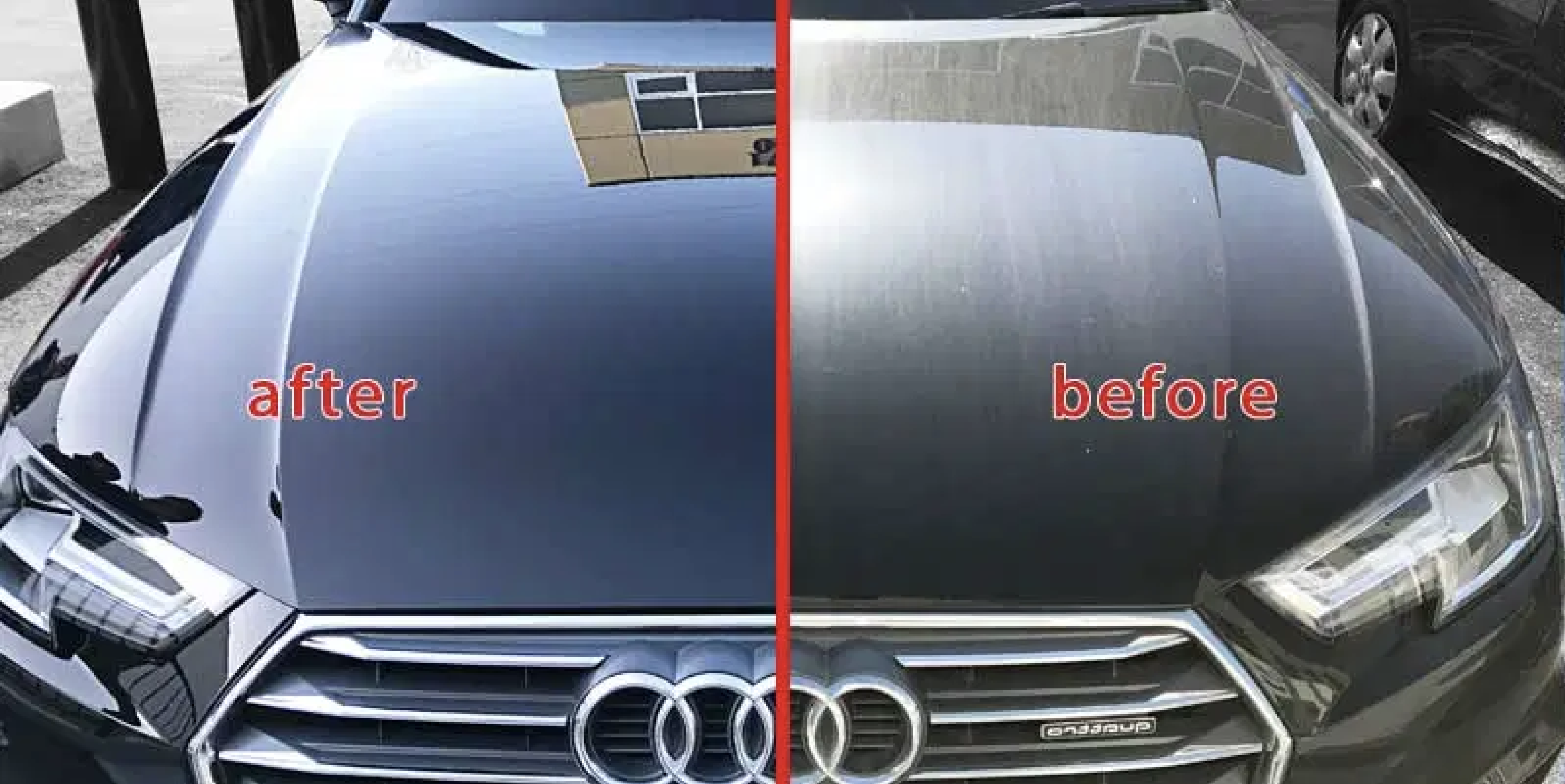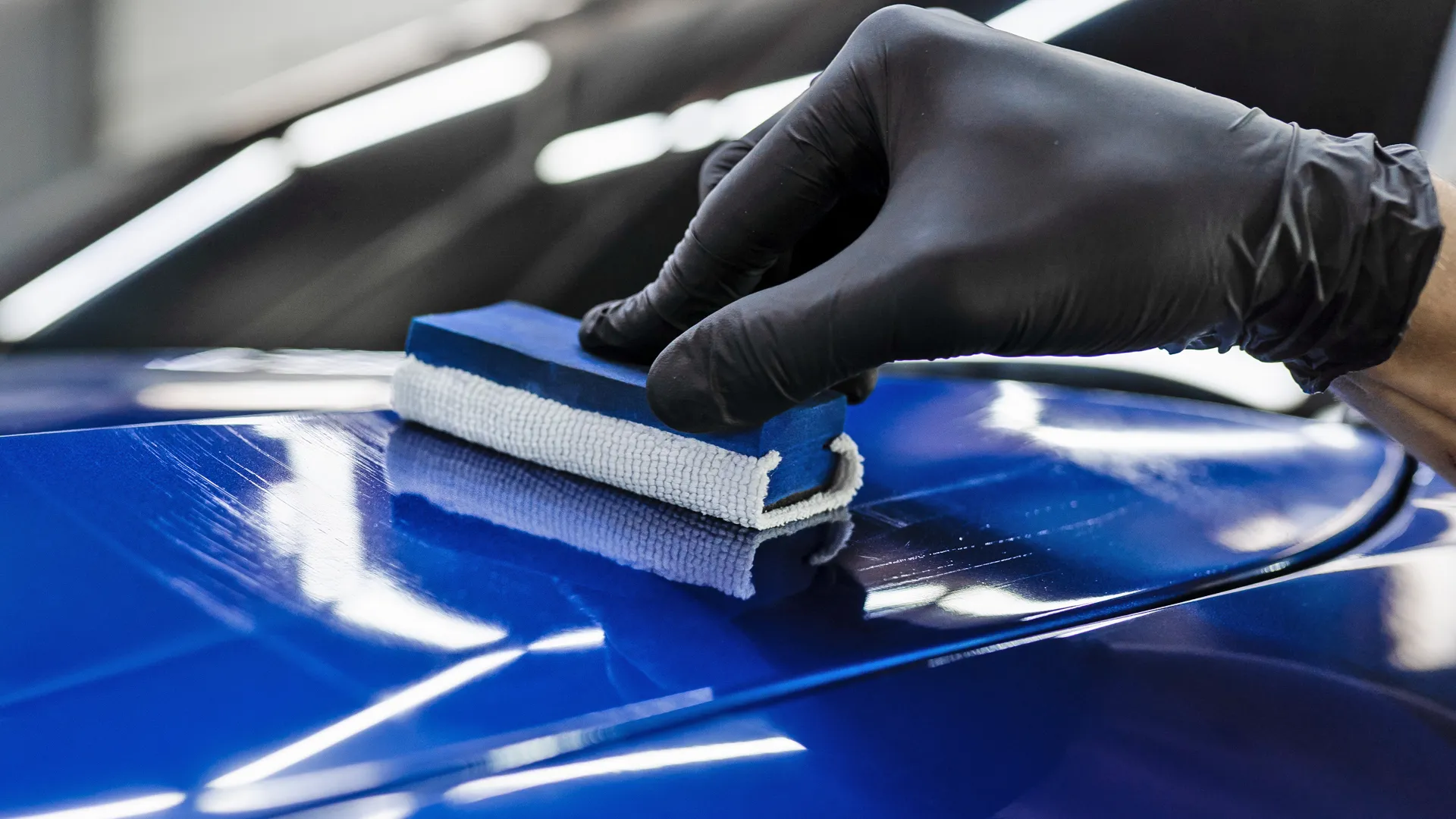A Comprehensive Overview to the Kinds Of Ceramic Layer on the marketplace
Ceramic finishings have actually arised as a crucial service across various industries due to their distinct residential or commercial properties and applications. As we discover the distinct attributes and applications of these coatings, the effects for efficiency and longevity become significantly evident, raising questions concerning which kind might ideal suit your requirements.
Comprehending Ceramic Coatings
Ceramic layers are sophisticated safety options that have acquired appeal in various sectors, specifically in auto and aerospace applications. These layers include a fluid polymer that, when treated, forms a long lasting, hydrophobic layer on the surface of the substratum. This layer provides improved resistance to ecological contaminants, UV radiation, and chemical direct exposure, therefore prolonging the life and visual allure of the underlying product.
The essential part of ceramic coatings is silica, which adds to their solidity and longevity. The application procedure typically includes surface area preparation, application of the layer, and curing, which can be accomplished via warm or UV light. Once cured, ceramic finishings show remarkable bonding properties, allowing them to adhere highly to a variety of surfaces, including steels, plastics, and glass.
In addition to their safety attributes, ceramic coatings likewise supply convenience of upkeep. Their hydrophobic nature lowers the adherence of dirt and grime, making cleansing easier and less constant. In general, the adoption of ceramic finishings stands for a significant improvement in surface area protection technology, supplying both useful and aesthetic advantages across several markets.
Kinds Of Ceramic Coatings
Numerous sorts of ceramic coverings are offered, each developed to meet certain efficiency demands and applications - Paint Protection Film. One of the most typical types consist of:
Silica-based Coatings: These finishes largely include silicon dioxide and are known for their longevity and chemical resistance. They are extensively used in auto and commercial applications.
Titanium Dioxide Coatings: Popular for their photocatalytic residential or commercial properties, titanium dioxide layers are frequently applied in environments where self-cleaning and antifungal residential or commercial properties are preferable, such as in structure products and auto coatings.
Zirconia Coatings: Defined by their high-temperature security and thermal resistance, zirconia layers are used in applications such as wind turbine engines and high-performance automobile elements.
Alumina Coatings: Displaying superb hardness and thermal stability, alumina coverings are often made use of in wear-resistant applications, consisting of reducing tools and industrial machinery. - scratch repair sarasota
Hybrid Coatings: Combining the buildings of various products, crossbreed layers provide boosted performance characteristics, making them ideal for special and demanding applications.
Each kind of ceramic coating offers distinct functions, permitting customers to choose the most suitable solution based upon certain environmental conditions and performance requirements.
Benefits of Ceramic Coatings
Ceramic coverings, in specific, deal numerous advantages that make them progressively popular amongst manufacturers and consumers alike. These finishes are immune to scratches, chemicals, and UV rays, ensuring that the underlying surface stays secured over time.
Along with toughness, ceramic finishings provide excellent hydrophobic residential or commercial properties, permitting easy cleansing and maintenance. This water-repellent nature reduces the adherence of dirt, gunk, and various other pollutants, which can lengthen the aesthetic charm and capability of the surface area. Ceramic coverings can substantially boost thermal resistance, making them perfect for applications that endure high temperatures.

Application Refine
When applying ceramic layers, a precise strategy is necessary to accomplish optimum outcomes. A tidy surface area makes sure appropriate bond of the covering.
Once the surface is prepped, the next step is to apply the ceramic finishing. The covering needs to be used in thin layers, as thicker applications can lead to uneven coatings.
After application, the layer calls for a details healing time, generally ranging from a few hours to a full day, depending upon the item. During this moment, it is essential to stay clear of exposure to wetness or contaminants. Finally, a gentle buffing might be needed after healing to improve the gloss and eliminate any high areas. Adhering to these steps diligently will take full advantage of the performance and durability of the ceramic finishing, offering a resilient protective layer for the read surface.
Upkeep and Longevity
To ensure the durability and effectiveness of a ceramic layer, normal maintenance is crucial. Ceramic finishings, understood for their resilience and protective top qualities, need certain treatment routines to maximize their life expectancy and performance. The very first step in upkeep includes regular cleaning with pH-neutral soap, avoiding harsh chemicals that can deteriorate the coating. It is suggested to clean the lorry regularly, ideally every 2 weeks, to content avoid the buildup of contaminants that might jeopardize the layer's honesty.
Along with normal cleaning, regular examinations are critical. Seek indicators of wear or damages, such as hydrophobic buildings reducing or surface area imperfections. If essential, a light gloss might be applied to rejuvenate the finish without stripping it away.
Additionally, the application of a booster spray can improve the layer's hydrophobic effects and recover its gloss. This is especially valuable for finishings that have actually remained in use for a prolonged duration. Inevitably, by sticking to these upkeep techniques, one can considerably extend the life of a ceramic finishing, ensuring that it remains to give ideal defense versus environmental factors and maintain the visual charm of the car.
Verdict
